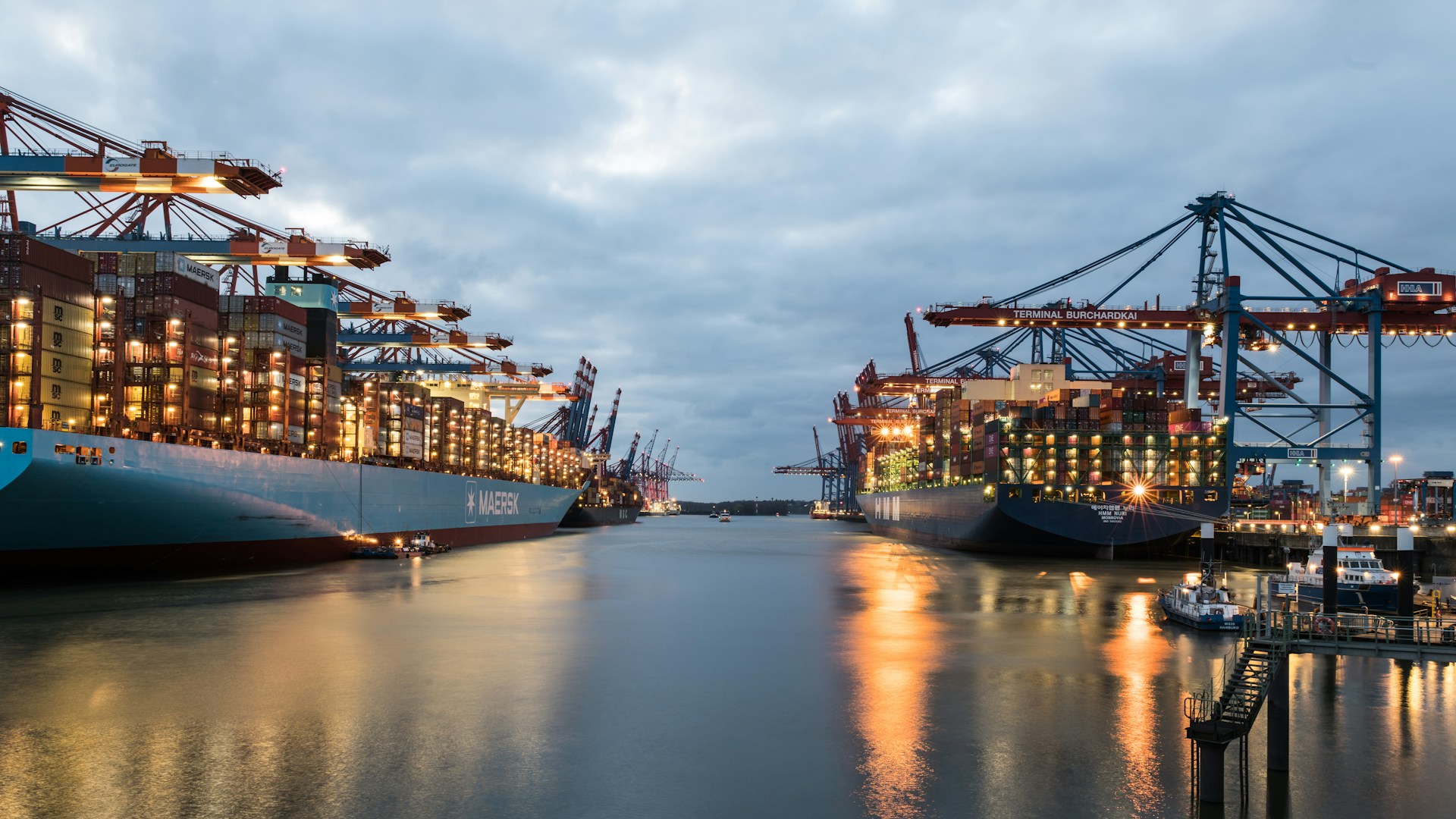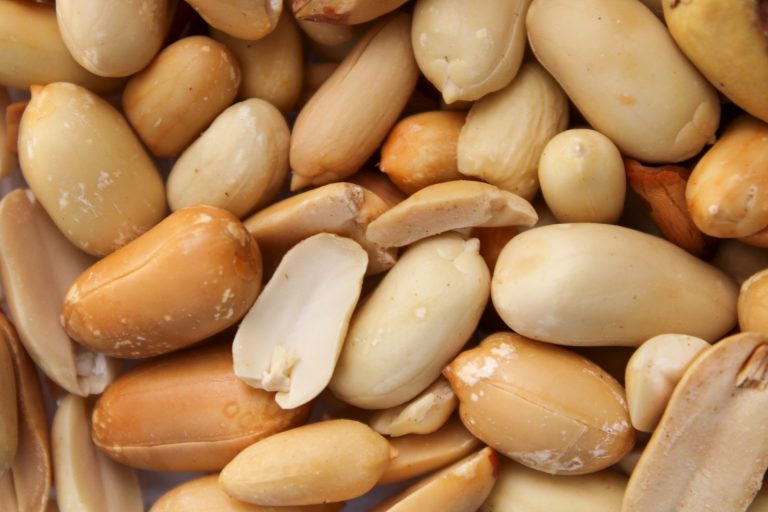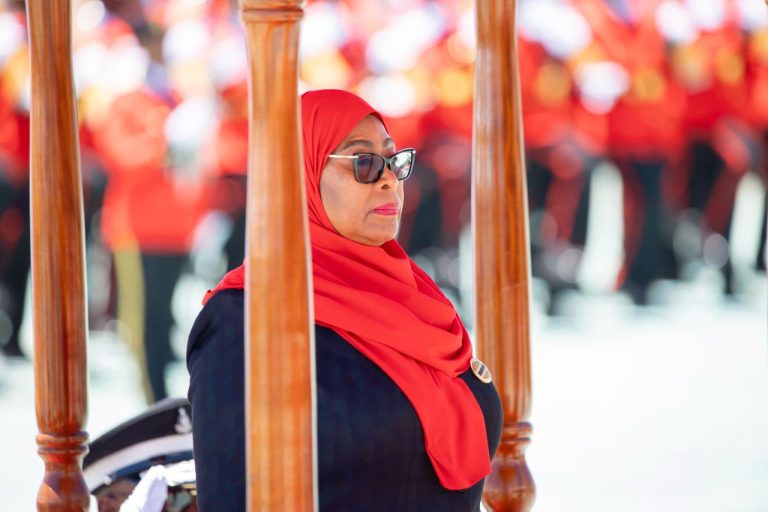Africa’s economic future is once again tethered to political winds in Washington, where the African Growth and Opportunity Act (AGOA) is set to expire at the end of September 2025.
First passed in 2000 under US president Bill Clinton, the landmark pact granted more than 30 African countries duty-free access to the American market. For nearly a quarter of a century, AGOA has been more than a trade programme – it has been a lifeline for jobs, a driver of industrialisation, and a tool of US soft power on the continent.
The return of Donald Trump to the White House has left African leaders scrambling. His administration has already cut aid, imposed new tariffs, and shown little enthusiasm for extending trade preferences.
If AGOA lapses, analysts warn, the consequences will reverberate far beyond Africa’s factories and farms. It could push fragile economies towards deeper dependence on China, the European Union and Gulf states, while undermining Washington’s influence in a region where global competition is intensifying.
A pillar of African trade under threat
AGOA’s impact is undeniable. Between 2001 and 2022, the programme facilitated nearly $103 billion in non-oil exports, supporting hundreds of thousands of jobs across the continent. Women in particular benefited in apparel sectors from Lesotho to Madagascar, with knock-on effects in healthcare and education.
South Africa’s auto industry, which saw exports to the US multiply nearly sixfold, would be among the hardest hit by a US retreat. In Ghana, non-oil exports to the United States reached $2.76 billion in 2022, much of it sustained by AGOA preferences. In Kenya, industry officials estimate that 66,804 jobs could vanish the day after the scheme expires.
Beyond trade, AGOA nudged African governments to improve governance, labour rights and market reforms to qualify for eligibility. For Washington, it offered access to critical minerals and new investment opportunities while countering China’s growing sway.
“These jobs and livelihoods risk vanishing overnight if AGOA lapses,” warned one senior African trade official.
What comes after AGOA?
With protectionist sentiment dominant in Washington, few expect AGOA to be renewed in its current form. Some insiders suggest a narrower framework focused on critical minerals such as cobalt, lithium and manganese, vital to the global clean energy transition. But such a pivot would strip the programme of its broader developmental ambitions – and exclude countries like South Africa, which has drawn Trump’s ire over land reform and its genocide case against Israel at the International Court of Justice.
For Africa, the alternatives are fraught. The African Continental Free Trade Area (AfCFTA), launched in 2021, holds promise for a unified 1.4-billion-person market but has stumbled on implementation. Expanding ties with Beijing, Brussels or Riyadh offers another path, yet risks further dependency. Some nations may try to align more closely with US strategic priorities in energy and minerals to secure preferential access.
The stakes are high: without AGOA, decades of progress in industrial diversification and rural job creation could unravel. The choice confronting African leaders is stark – adapt to a world without AGOA, or fight for a modified deal that keeps the door to the US market ajar. Either way, the end of AGOA as we know it would mark a turning point not only for Africa’s economies but also for America’s role in a region it has long sought to court.











